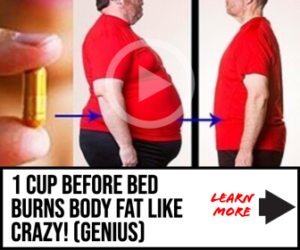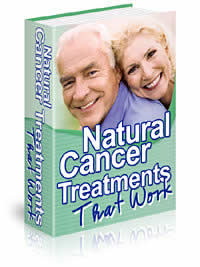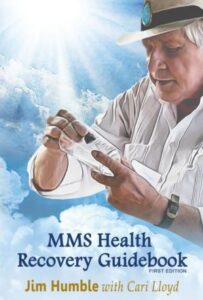Elon Musk’s Covid-19 Tests: Tesla CEO Says He Tests Both Positive and Negative
 Elon Musk received mixed results after being tested for COVID-19 and is currently experiencing symptoms of a common cold. Musk says he was tested four times using a rapid antigen test: two tests came back positive and two came back negative.
Elon Musk received mixed results after being tested for COVID-19 and is currently experiencing symptoms of a common cold. Musk says he was tested four times using a rapid antigen test: two tests came back positive and two came back negative.
He’s also awaiting the results from two PCR tests but the results won’t be known for 24 hours.
Antigen tests work by detecting a small protein on the surface of the coronavirus, whereas the more accurate PCR tests look for the virus itself.
Antigen tests can be conducted quickly as they don’t require a lab, and are often administered in hotspots like college campuses or elderly care facilities. “Positive results from antigen tests are highly accurate, but there is a higher chance of false negatives,” the FDA tells us, (That’s why PCR tests are ordered for confirmation.) One such antigen test from Quidel can detect the coronavirus 85 percent of the time. Musk says his antigen test came from BD.
Nevertheless, Musk, long a COVID-19 skeptic, questions the validity of the testing with just a hint of conspirac Elon Musk (@elonmusk)
Elon Musk Won’t Take COVID-19 Vaccine
Elon Musk says he won’t take coronavirus vaccine, calls Bill Gates a ‘knucklehead’ | New York Post
Covid 19 Flu Shot Risk
Robert. F. Kennedy, Jr. speaks with RT America about Remdesivir, a drug to treat COVID; Anthony Fauci, the chronic health conditions of children, and the risk of taking a flu shot.
Remdesivir Gets FDA Approval, but WHO Says Drug Ineffective for COVID
As far back as April, U.S. National Institute of Allergy and Infectious Diseases (NIAID) Director Dr. Anthony Fauci was touting Gilead’s antiviral remdesivir as “the standard of care for patients with COVID-19.”
Remdesivir is the only antiviral authorized in the U.S. to treat COVID and is also authorized for use in roughly 50 countries. Yet the drug has absolutely no effect on a COVID patient’s chances of survival, according to recent data from the World Health Organization (WHO).
Starting in March 2020, WHO’s Solidarity Trial followed 11,266 adults in 30 countries to study the effects on COVID of four antivirals: remdesivir, hydroxychloroquine, lopinavir, and interferon. On Oct. 15, WHO reported that remdesivir not only failed to produce any measurable benefit in terms of mortality reduction, but that it also didn’t reduce the need for ventilators, or the length of hospital stays.
After WHO issued its report, remdesivir’s manufacturer, Gilead, was quick to point out that the Solidarity Trial hasn’t been peer reviewed or published in a scholarly journal. In a statement, the company said: “It is unclear if any conclusive findings can be drawn from the study results.”
Brooklyn’s Orthodox Jewish burn masks in protests as New York cracks down on rising coronavirus cases





